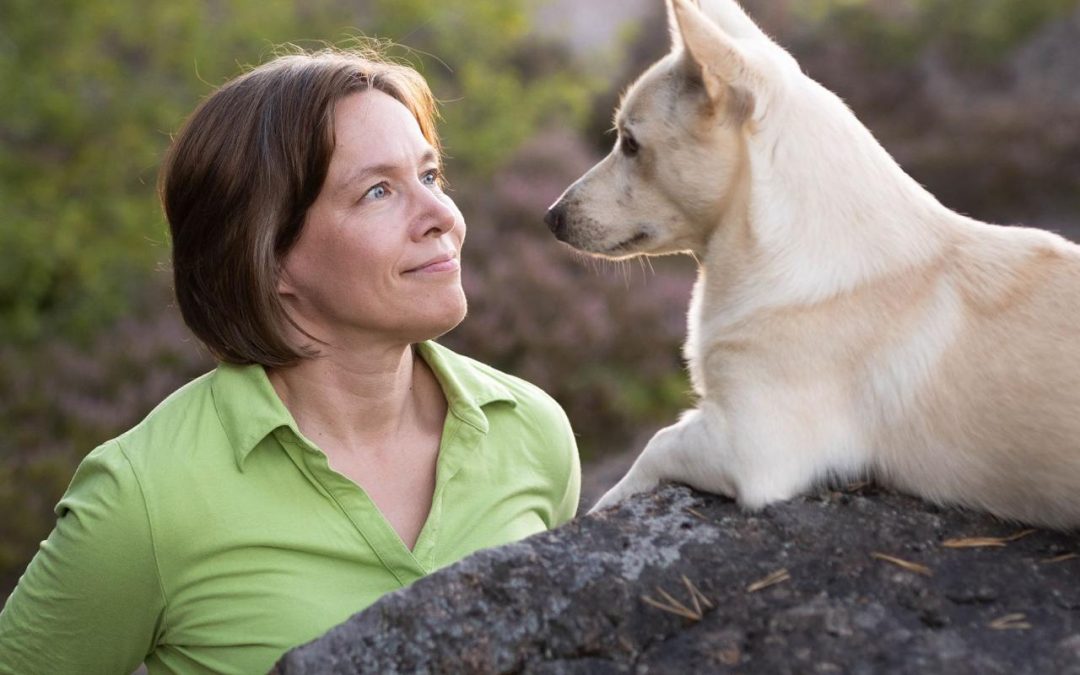Author Tuire Kaimio, original in Finnish: Myös eläimet tarvitsevat puolestapuhujia EU:ssa (verdelehti.fi)
Decisions taken in the EU affect everyone who lives there, but not everyone is allowed to vote. Many of us live at home with such a case, our a collie puppy, Vappu.
Annually, more than 10 million animals are used in animal testing in EU countries. Over one and a half billion animals are transported for slaughter, transport that make take days or even weeks. Transportation is sometimes lethallly hot and cramped. Every year, the illegal trade in pets a generates €1.3 billion profit for criminals, while causing immeasurable suffering to animals and humans.
The Greens principles state that “animals have an incalculable value independent of humans and financial considerations, and that their interests and individual needs must be taken into account in all public and private activities.” It is clear that this is not yet happening. Animals also need advocates in the European Parliament.
Animal issues are disconnected from other issues or “just animal things”. They cannot be dealt with in isolation from people’s livelihoods, agricultural policy, economic policy, social policy and urban policy.
Opportunities for a good life for both wild animals and pets must be secured in cities. Animal issues must be a cross-cutting theme in all policy-making.
A change towards a more sustainable relationship with animals and nature is urgently needed. Animal production as it is today accelerates climate change in many ways. The production of animal-based food places a particular burden on the environment, as feed production takes up a lot of arable land, and animal digestion and manure cause significant climate impacts. However, the change towards a better world must be fair. When environmental measures are taken, the consequences must not be disproportionate for individuals.
Helsingin Sanomat reported in mid-May that the economic damage caused by climate change is six times worse than predicted, and a global temperature increase of one degree Celsius would lead to a 12% drop in GDP, according to scientists. The well-being of nature really is also the well-being of people, even if well-being is calculated in cold numbers. Let us bear that in mind, both when drawing up programmes and at the ballot box.
Tuire Kaimio
The author is a Green candidate in the European elections

